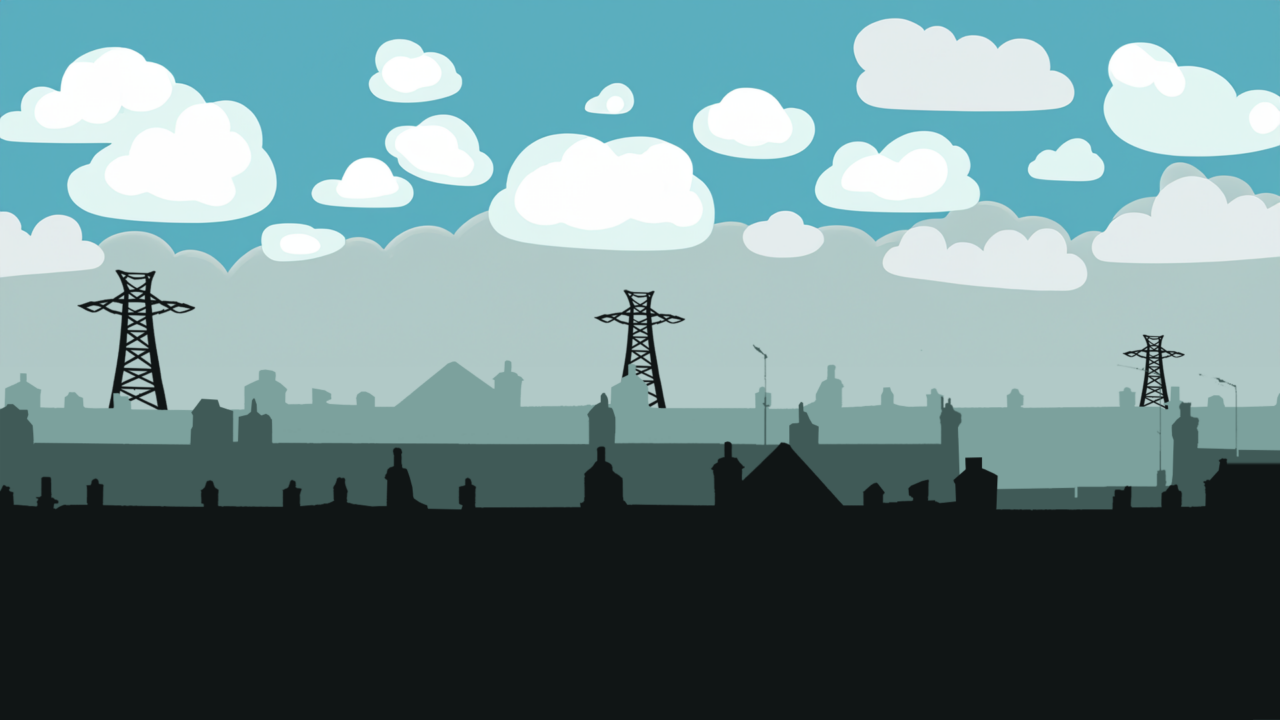Britain’s ageing house stock offers the worst value for money of any advanced economy, the Resolution Foundation found in a recent survey.
If you’re looking to buy a property – which, unfortunately, I am for the first time – here’s a hefty dose of anxiety about the housing market to top you up.
Britain’s ‘expensive, cramped, and ageing housing stock offers the worst value for money of any advanced economy,’ says a think tank called the Resolution Foundation. Great.
This grim summation was arrived at after comparing the costs, floorspace, and liveability markers across the markets of several developed countries. UK households are ‘getting an inferior product in terms of both quantity and quality,’ asserts the think tank.
If you’re living in Britain and aren’t part of the richest 1 percent, these revelations probably won’t come as much of a surprise. Nonetheless, let’s get into the specifics of why our generation is so screwed when it comes to ending the cycle of renting and getting on the so-called ‘property ladder’.
The Resolution Foundation’s findings
Using OECD data, the Resolution Foundation pitted the UK against similar economies and compared different details of their housing markets.
Though the data on floor space was reportedly limited, the firm were able to ascertain that homes in England had less average room per person (38 square metres) than the US (66 square metres), Germany (46 square metres), France (43 square metres) and Japan (40 square metres), among others.
It also states that UK homes are markedly older in general, with as much as 38% of properties built before 1946 – a year after World War II. Comparatively, this applies to 21% of homes in Italy and 11% in Spain.
This, generally speaking, has huge implications for energy efficiency as many homes will have poor insulation grades compared to newer builds. It also matches up with previous reports suggesting England is among the worst EU nations for heat retention, with homes losing an average of 3 degrees every 5 hours.
The UK’s high level of legacy home ownership has obscured how unaffordable the market is against other countries. What the report did establish, however, is that if all the nation’s households were renting homes on the market, they’d need to devote 22% of spending to housing services alone.
This is markedly higher than the 17% OCED average, ‘and the highest level across the developed economies with the solitary exception of Finland.’ In laymen’s terms, the nation’s properties aren’t very good.
So, let’s compartmentalise: cramped (check), run down (check), extortionate (check). Glad we’ve covered that.




















